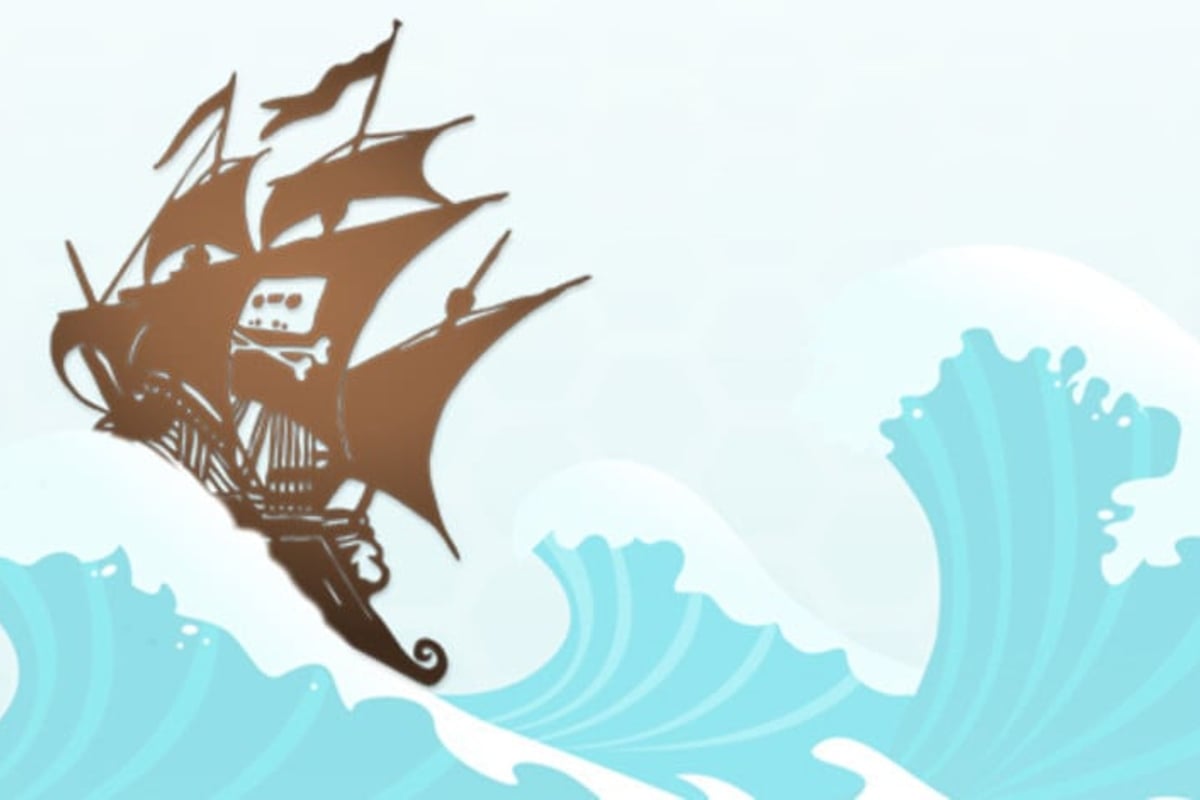Anti-piracy code could sees hundreds of sites blocked in one hit

Australia'sforthcoming Copyright (Online Infringement) Bill 2015 contains a clause which could see hundreds of sites hosting infringing content blocked in one hit.
Under the new legislation, introduced to parliament today, there is no limit on the number of overseas websites rights holders can request a judge to block in a single injunction.
The Communications Alliance’s draft code for the new legislation,released last month, proposes a Graduated Response (three-strikes) Scheme for copyright infringers and a website-blocking legislation for overseas websites contributing to online piracy.
According to the Explanatory Memorandum, the final impact to the Australian telecommunications industry for the website-blocking legislation is $130,825 a year. While the Bill doesn’t specify whether ISPs are to be compensated or reimbursed for setting up a site-blocking system, it does state that any costs that copyright owners assume by utilising an injunction would be voluntary.
The website-blocking legislation doesn’t stipulate how the sites should be blocked but it does state the site has to be informed, unless “the court is satisfied that the owner of the copyright is unable, despite reasonable efforts, to determine the identity or address of the person who operates the online location."
A judge can also revoke a block if an application to do so is granted or just have the site blocked for a certain amount of time. The judge has to take into account the public interest in blocking a website and whether it features on any blocklists in any other countries.
The anti-piracy Bill also featuresa proposed $25 fee that consumers would have to pay to defend thenselves against allegations of piracy. The fee has been dubbed “inappropriate” by Optus and in the same report by Fairfax, consumer rights watchdog CHOICEsaid it was "a notice scheme run by industry with complaints assessed by industry, removing a consumer's right to a fair review".
The Bill was initially set to be introduced to parliament last week, however Fairfax has reported the possibility of virtual private networks (VPNs) getting blocked along with websites hosting infringing websites countered into the snag. Google data for earlier this month showed Australians have had an increased interest in protecting their privacy through the use of a VPN. Searches for the best VPN to gain an anonymous connection to the internet almost doubled in just a few days.
The Bill is currently witha parliamentary committee as well as the Senate Legal and Constitutional Affairs Legislation Committee for scrutiny who have six weeks to study it and hold public consultations. The Billis set to be enforced on September 1.






























